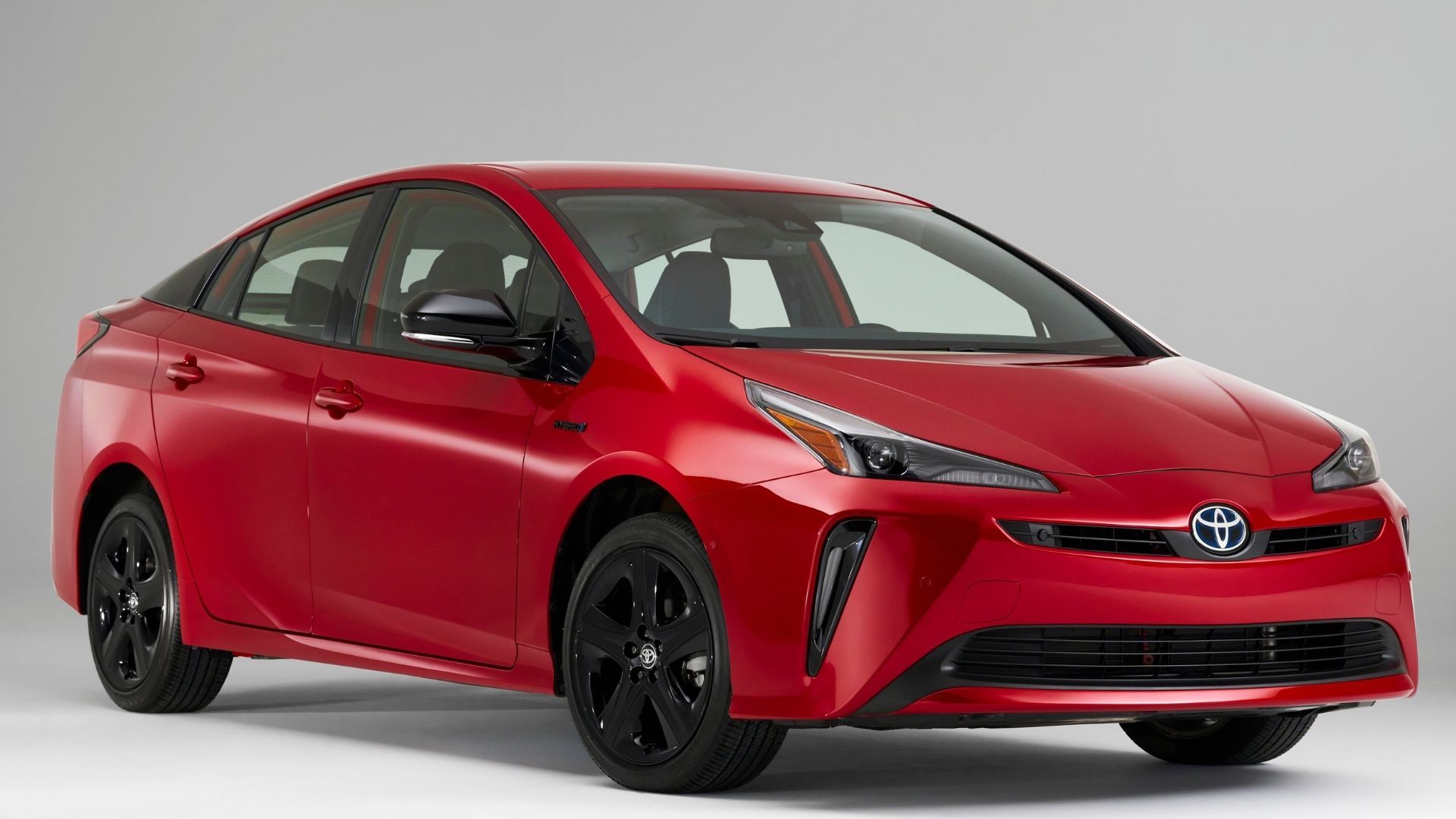Remember that Toyota has been a pioneer in the field…
Robert Wimmer, Toyota’s head of energy and environmental research, testified recently before the US Senate that a big switch to electric vehicles faces hurdles competitors like GM are blatantly ignoring. “If we are to make dramatic progress in electrification, it will require overcoming tremendous challenges, including refueling infrastructure, battery availability, consumer acceptance, and affordability,” Wimmer stated.
Learn why Audi is abandoning new internal combustion engine designs here.
This comes on the coattails of Audi’s CEO stating the company won’t develop new internal combustion engines and BMW saying the exact opposite, as well as Mini and GM both laying out a timeline for ditching ICE powertrains entirely. These moves are controversial with passions running strong on both sides, but much of these movements come with different governments threatening ICE bans.

It seems like these days everywhere you turn there’s feverish preaching of how soon all cars will be electrified, which makes Toyota’s repeatedly voiced concerns about switching over rapidly shocking for many. Some have even responded angrily to the Japanese automaker's stance.
However, as Wimmer pointed out, only 2% of cars in the world are EVs. That’s a tiny sliver, yet automakers and governments are acting like the EV formula has been cracked. The problems Wimmer brought up before the Senate, refueling infrastructure (power grids), battery availability, consumer acceptance, and affordability are huge constraints which must be figured out before the industry goes charging headlong in the EV direction.

Before anyone starts going off about how Toyota is anti-progress and backwards, which is a common retort whenever anyone rains on the EV group think parade, critics should realize Toyota has a longstanding history of innovation. After all, it was Toyota which figured out the magic formula for making hybrids accessible to the masses, pushing electrification more than any other automaker. And while it endured a lot of heat for flooding roads with countless Prius drivers, that technology has matured to the point where there’s a hybrid version of just about every Toyota model line at this point (the Tundra, Sequoia, Land Cruiser, 4Runner, and Tacoma being the exceptions for now). That doesn’t mean Toyota is above criticism or scrutiny, but accusing the automaker of being against technological progress is hardly fair. After all, Toyota spends a ridiculous amount on research and development, so it’s not exactly interested in just sitting still.
Also, keep in mind Toyota and Tesla were business partners, which resulted in the RAV-4 EV but no other all-electric models. While both companies were fairly mum on the reasons for ending the arrangement, some have speculated Toyota saw something it didn’t like in Tesla or maybe in EV technology in general. Known for being fiscally conservative while Tesla isn’t in the least, it could have been just that. Whatever the reason, Toyota has been increasingly critical of purely electric vehicles.

It took decades for the automobile to become mainstream. For a long time, cars were strictly playthings for the wealthy. Men like Henry Ford helped to finally make automobiles affordable and practical for everyday people. Why we now think electric vehicle adoption can happen overnight is a mystery.
Note that Wimmer didn’t say electrification isn’t the future or that it’s dumb or whatever other words critics no doubt will put in his mouth. He brought up very specific concerns which need to be addressed, not just glossed over with talking points and glamorous marketing campaigns. Even Elon Musk has brought up concerns about the strain EVs will place on power grids around the world. That should be enough to cool everyone’s jets, not to turn away from electric cars but to realize it’s going to take time to figure out how to move forward into an electrified future. Governments and automakers can’t just steamroll over reality without disastrous consequences, which is exactly where these laws and policies will lead.
Source: Reuters






